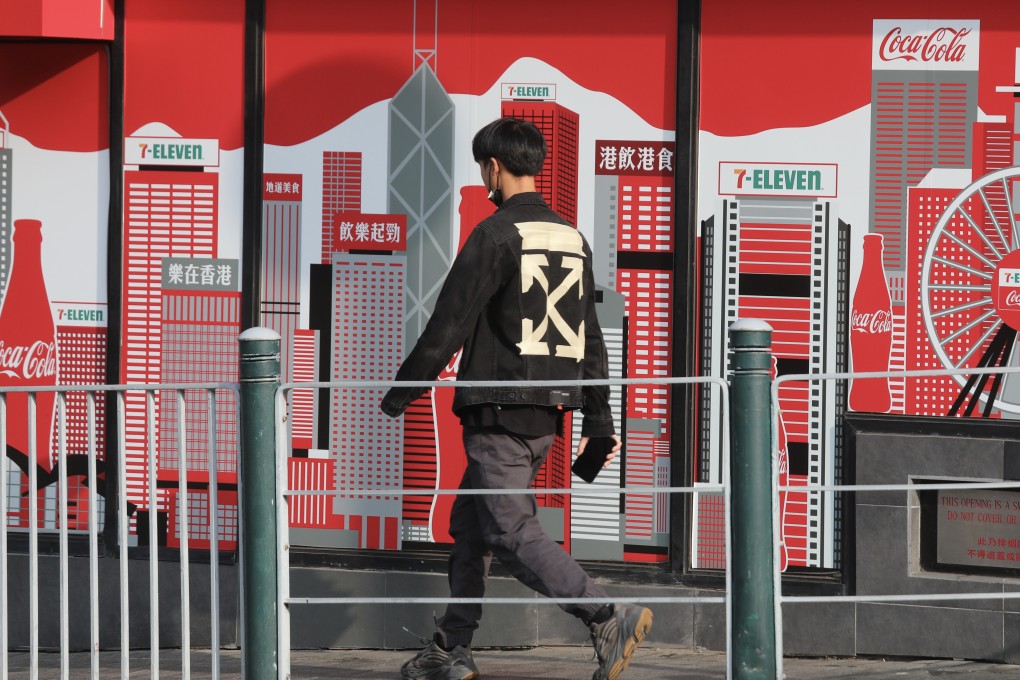Amid Ukraine war, inflation headwinds, Singapore and Hong Kong brace for minimum tax turbulence
- A planned global minimum corporate tax of 15 per cent is a headache for the two Asian financial hubs, whose attraction owes much to their relatively low rates
- But some experts still doubt the tax reform will be implemented, and even if it is, they say the two cities have many other qualities that will lure multinationals

And if all that wasn’t enough, there is also the planned global minimum corporate tax of 15 per cent to fret about – as mentioned by both of them in recent budget speeches.
The sweeping reform of international tax rules – engineered by the Organisation for Economic Co-operation and Development (OECD) and agreed by more 130 jurisdictions last year – is aimed at clamping down on tax evasion by large companies and is meant to prevent economies competing by offering ever lower rates to attract multinational firms.
But it promises a headache for the two Asian financial hubs, which have traditionally relied on attractive tax rates to appeal to international businesses.
While the headline figure for corporate tax in both cities has for years sat at between 15 and 21 per cent, both economies have in the past lured investors with grants and other schemes that reduce the effective rate. In Singapore, for instance, the current headline rate is 17 per cent, but some investors pay an effective rate that is as low as four per cent.
I don’t know if even the United States itself is sticking to it
Speaking in parliament, Singapore Finance Minister Lawrence Wong described the reforms – the Base Erosion and Profit Shifting Initiative, or BEPS 2.0 – as a harbinger of “fundamental change” to the country’s competitive environment.
